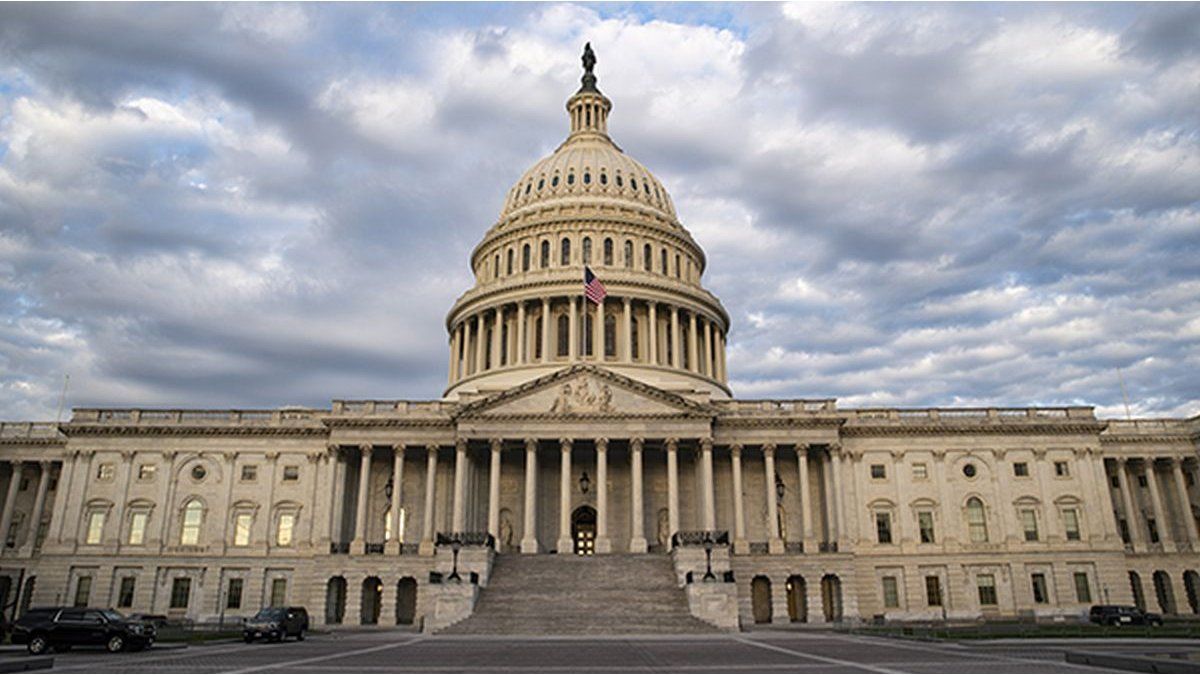Those who live in Argentina are aware of the existence of Income Tax, Personal Property Tax, VAT, taxes for credits or debits in bank accounts and social charges linked to employment contracts.
Also, I believe that most of them know that there are internal taxes that they pay, for example, when purchasing products such as tobacco, alcoholic beverages, vehicles or electronic products. Or the inventions of recent years: the COUNTRY tax that is applied on the purchase of foreign currency (and that in some way gives the “official” dollar the value of the “Blue” dollar) or the Solidarity Contribution to Great Fortunes.
What perhaps not everyone knows is that in Argentina there are other taxes national, provincial and municipal that cause an endless list of taxes and that increase the value of everything that is consumed in the country, impoverishing taxpayers and removing all possible competitiveness from the country.
For example, there is taxes real estate, taxes for those who bet or carry out raffles, cemeteries rights, tax on the “exercise of liberal professions”, levies “on structures, supports or carriers of antennas”, a “Social fund for productive reactivation” that adds to Gross Income a extra rate to pay for “reactivation measures”, and more taxes on street sales, the use of municipal facilities, the use of beaches and riverbanks, the “urban capital gains” and the veterinary inspection service, among others.
If you got tired of reading that list, imagine what it’s like to pay all those fees. Imagine what it is to invest or produce in the country. What it costs to consume. What it costs, in short, to have 167 taxesbetween national (43), provincial (39) and municipal (85) taxes.
To make matters worse, it is a number that varies from year to year. So it is likely that as Argentines read this text there will be one or two more taxes, depending on where they live. In fact, during the current presidential administration, 18 taxes were created or increased. And the results are on sight.
taxes-investments
freepik.es
Some time ago, my friend Manuel Adorni posted this message on Twitter:
“If your working hours are from 9 a.m. to 6 p.m., remember that you will work until 2:25 p.m. to pay taxes. If you work from Monday to Friday, until Wednesday at 3:00 p.m. you will work for the State. May you enjoy your day. Greetings. The end.”
Argentines work half the time to pay taxes. Just afterwards, they work for their consumption, for their lives, for their pleasure.
Because as we have spoken many times, the problem of Argentina and its tax pressure has to do with what that pressure costs the Argentine, which is not the same as that felt by a Swiss, a German or even a Spaniard. The “fiscal effort” is devastating in a society that has not resolved problems such as housing, health, mobility and employment, and in many cases neither education.
The solution is not easy or quick, but you have to start with something: lower taxes. Lower the amount (a country with 167 taxes is unfeasible) and, furthermore, the intensity of these rates.
In recent years, many Argentines (but also many residents of Chile, Bolivia, Mexico and Peru, among other countries in the region) have been increasingly asking for alternatives on where to reside or at least where to move their companies. The answer to this is only one: the growth of populism in governments or in legislative palaces, the sum of taxes and laws that mean that more and more taxes are paid and less is produced. Inflation, unemployment, poverty, insecurity. We already saw it. We see it daily. The exit, in too many cases, is the same: the international airport of the country in question.
If a person is calm in his country because he pays a reasonable level of taxes and he knows that the law is applied correctly, that is, that he lives in a country with legal security, he is not going to look for another place to live or where to put his money. If, on the other hand, a person lives in a tax hell (in the case of Argentina), they are going to resort to a better alternative: either to move (the United States, Spain and Uruguay are three countries for which they permanently consult me) or to protect their assets with structures in countries with low or no taxation.
The basis of everything seems to be the same: taxes. And a number, which in the case of Argentina is a disgrace: 167.
Lawyer. Expert in taxation and international estate planning. Author of the book Tax havens and tax hells. Founder and CEO of Untitled SLC. (@MartinLitwak)
Source: Ambito




